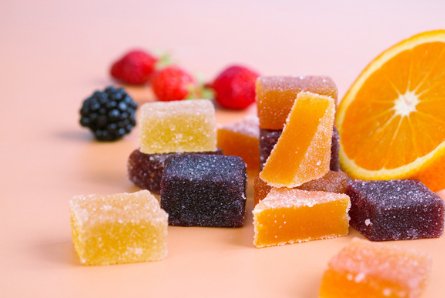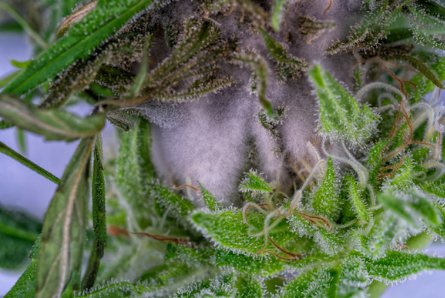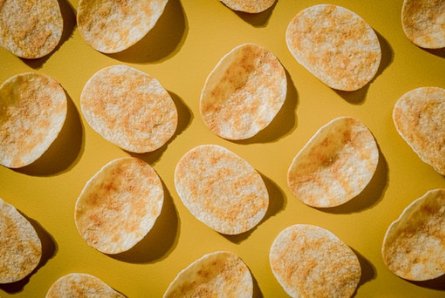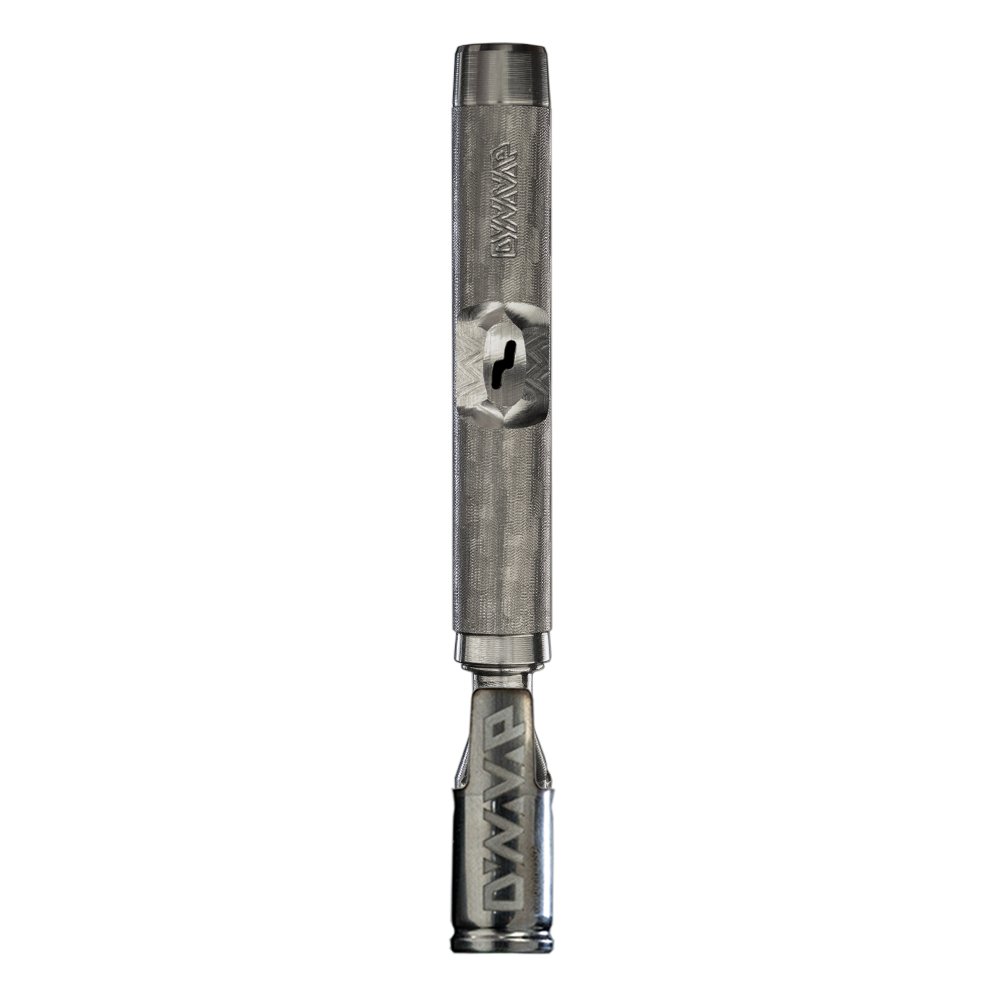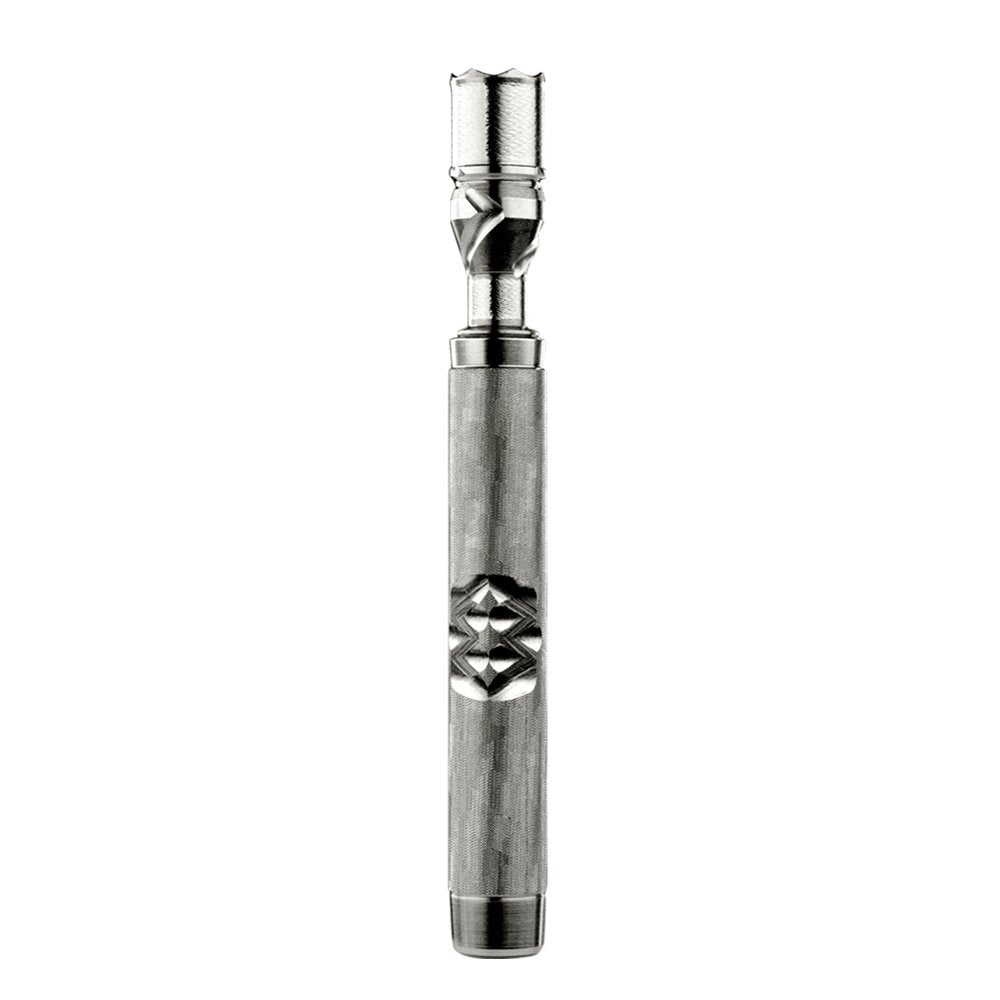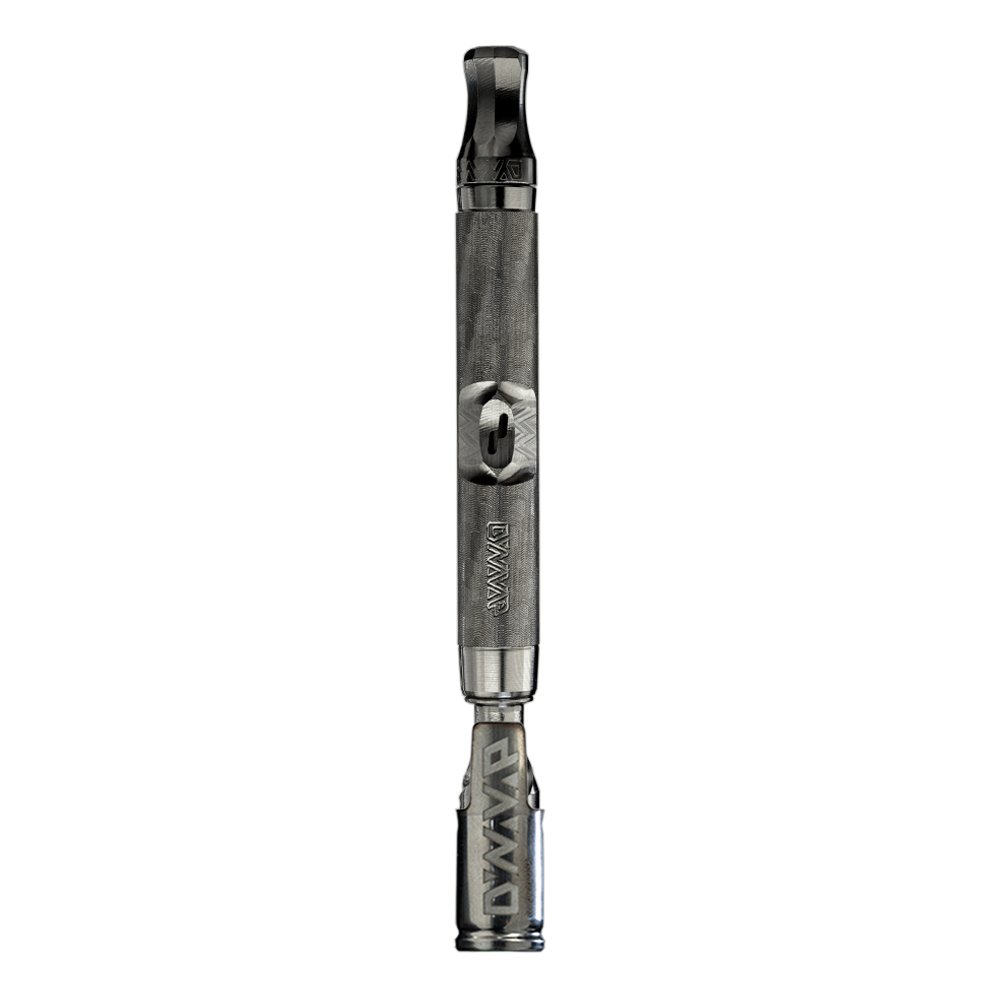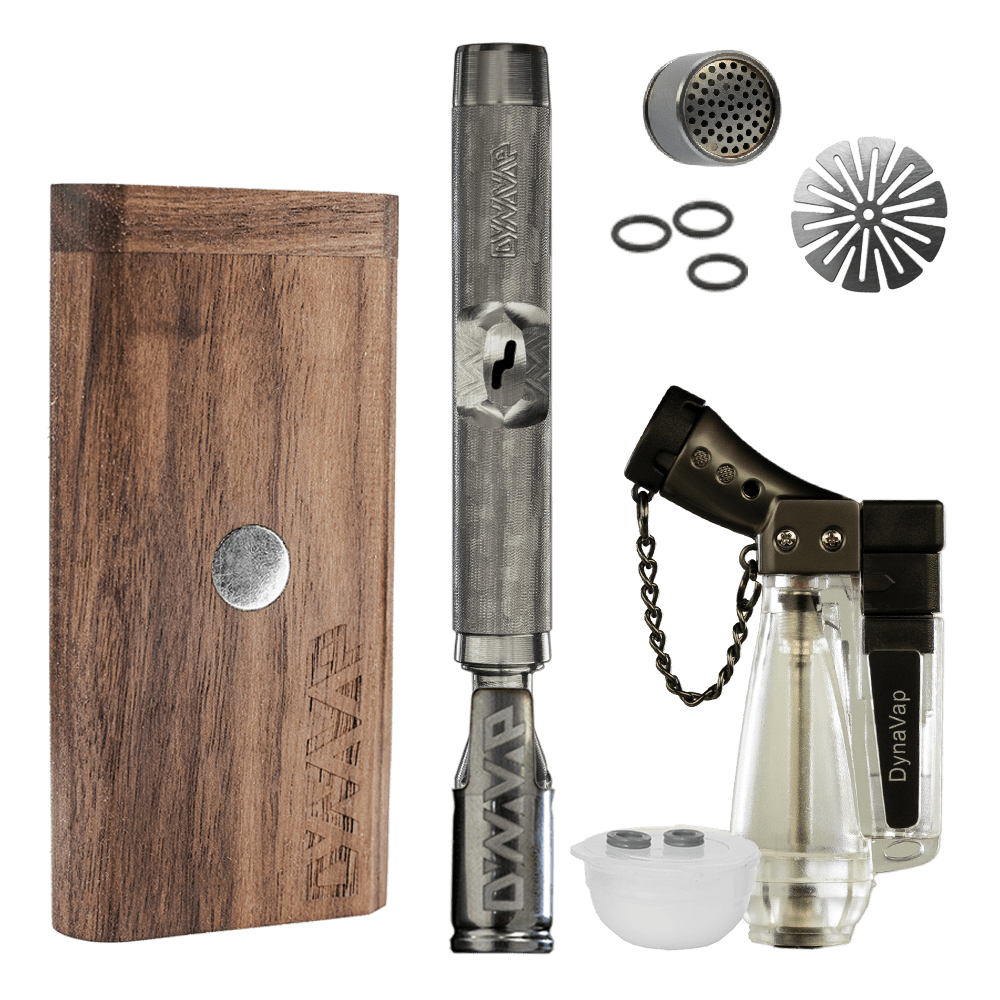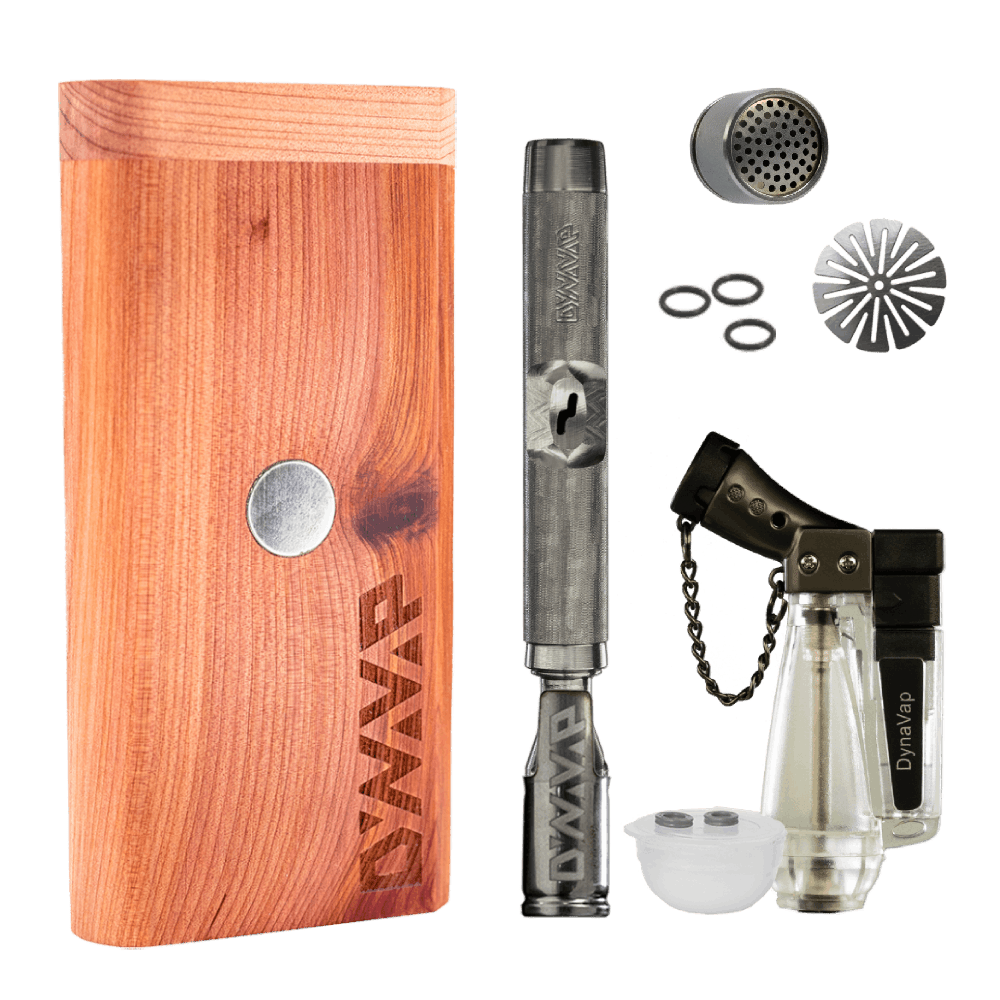It’s a well-known fact that weed can help us tap into our inner creativity. And what place is more fun to get creative than the kitchen? There’s something super satisfying about whipping up your own batch of home-baked goodies, so you can get baked at home.
One of the easiest (and definitely most fun) recipes to make is weed gummies. For many of us, gummy candy is a happy throwback to a childhood treat. Weed gummies reinvent this beloved candy in a novel way. When you’re in charge of the mixing bowl, you can customize gummies to your heart’s content by controlling the concentration of THC, or infusing the treats with unique flavors.
Read on for our spin on weed gummies. Whether you’re entirely new to cannabis or a seasoned cannasseur, this recipe is perfect for all as it’s easily adjustable. It's even gluten-free, vegan-friendly, and free of refined sugar–check, check, and check!
We’ve divided this recipe into two parts. Step one is decarbing the cannabis and making the canna oil, and step two is crafting the gummies. Those who want to cut straight to the gummies can use a pre-purchased cannabis oil and head straight to step two, while those who wish to make their own gummies from scratch can start with step one.
Step One: Decarboxylate the Cannabis and Make Canna Oil
The cannabinoids in cannabis are in a raw, acidic form until they are “activated” by heat or light. This process is known as decarboxylation, and is essential if you’re looking to enjoy the psychoactive, intoxicating effects of THC. In other words, raw weed won’t get you high.
The good news is, decarboxylation is a fairly straightforward process. The most vital thing to remember is to avoid overheating the cannabis. Overheating can destroy other beneficial phytocompounds in the plant that contribute to its full-spectrum effects.
Here’s a simple guide to decarbing your own flower.
- Break up the buds by hand into small, popcorn-sized pieces. Avoid grinding them as this can allow more chlorophyll to be absorbed into the final product, contributing to a bitter taste (and who wants bitter gummies?)
- Place the buds on a baking tray lined with parchment paper, and pop them in an oven preheated to 240 Fahrenreit.
- Keep a close eye on the flower as it bakes. 20 minutes is usually enough, though sometimes it can take longer. Check for a change of color from green to light/medium brown. Decarbed cannabis should also feel very dry to the touch. When you think it’s done, remove it from the oven and let it cool.
Making cannabis oil
Congratulations! You’ve decarbed your cannabis. Now it’s time to infuse your activated cannabis into a fat. The cannabinoids present in cannabis are highly lipophilic, which means that they are much more bioavailable and readily absorbed by the body when combined with fats.
When it comes to choosing a fat for the oil, coconut oil is the go-to for many people. Coconut oil is rich in saturated fat. Higher saturated fat content provides the cannabinoids with more fatty molecules to bind to.
It can be tricky figuring out how much cannabis to immerse in your oil, but a helpful rule of thumb is a quarter to half ounce of dried, decarbed bud per cup of oil. Opt for a quarter ounce if you’re looking for a lighter dose. Half an ounce may be preferred by those looking for a higher dose.
Determining the exact potency of homemade oil can be challenging too. If you’re keen to gauge exactly how much THC or CBD is present in your oil so you can get precise with dosing, use a guide. Some home cooks note that the bottom of cannabis coconut oil is more potent than the top, and recommend taking vertical slices of the finished oil when making edibles like gummies.
With that said, here’s how to create your own cannabis-infused oil:
- Take a double boiler or slow cooker. If using a double boiler, add water to the bottom pan. Add one cup of coconut oil to the top pan, and gently heat until the coconut oil melts. If using a slow cooker, add the coconut oil to the crockpot on a low/warm setting.
- Stir a quarter to half–ounce of the decarbed cannabis flower into the melted oil.
- Continue to heat the cannabis oil mixture over a low heat for at least 60 minutes. Some recommend infusing the oil at a low heat for up to eight hours to really ensure the cannabinoids and active compounds are absorbed into the oil. Maintain a temperature of 130-150F.
- When you’re ready to refine your oil, line a mesh strainer with cheesecloth and position it over a clean glass bowl. Use a tightly-woven cheesecloth, but not so fine that the oil will get stuck in the strainer. Pour the cannabis-infused oil through the strainer, then gather the sides of the cheesecloth and gently squeeze. You should be left with particles of the plant matter in the cheesecloth, and a gorgeous green-tinged, aromatic oil. Transfer your oil to a glass storage container with a tight-fitting lid, and store in a cool dark location, or in the refrigerator. Voila, you’re ready to make gummies now!
Step Two: Make Weed Gummies
Now for the best part–preparing your weed gummies! This gummy recipe uses minimal ingredients, though several are not your run-of-the-mill grocery items. Check out an organic or wholefoods grocery store for sunflower lecithin and agar agar powder. Agar agar is a natural, neutrally-flavored plant-based thickening agent that takes the place of the gelatin mixture. Lecithin is an emulsifier that prevents separation of the gummy mixture, binding everything together. While you can use soy lecithin, sunflower is generally recommended as it is a superior product. Added bonus–lecithin can also enhance the bioavailability of your gummies.
You’ll also need a silicone candy mold. Gummy bear and worm molds are easy to find, or if you want a more unique mold for your homemade weed edibles, you could opt for cannabis leaf gummy molds. A condiment bottle will make it significantly easier to fill the molds.
This recipe tends towards the low dose end of the spectrum. If you want a more intoxicating mixture with higher THC content, you can add additional tablespoons of cannabis oil. Remember that making homemade edible gummies is an imprecise art, so it’s hard to know the potency per serving and safest to follow the old adage of start low, go slow. Edibles take up to an hour to start kicking in, so you’ll need to wait to gauge the effects of a single cannabis edible, or run the risk of greening out.
Ingredients
This recipe yields about 45 gummy bears, but may make more or less depending on the size of your molds.
1 cup of fruit juice (opt for something with a distinctive flavor, like tart cherry or pomegranate)
1 tablespoon of lemon juice or citric acid
2-3 tablespoons of maple syrup (this is optional, but it will give the gummies that traditional sweet flavor)
2-3 teaspoons of cannabis oil
2 teaspoons of agar agar powder (not flakes)
½ teaspoon sunflower lecithin
Process
- Gently melt your cannabis oil, and add the lecithin. Whisk thoroughly. Set aside.
- In a saucepan, stir the juice, lemon juice or citric acid, and maple syrup over a medium heat, until the mixture is fully combined. Whisk in the agar agar powder for three to four minutes.
- Add the cannabis oil and lecithin mixture, whisking thoroughly until everything is blended together.
- Transfer the mixture to the condiment bottle carefully, as it will be super hot. Using a funnel can be helpful!
- Use an oven mitt to hold the bottle. Carefully squeeze the mixture into the molds.
- Transfer the molds to the refrigerator and leave to set for 25 minutes.
- Remove your gummies from the tray and store in an airtight container in the refrigerator. As an extra option, you can toss your gummies in icing sugar for an extra sweet hit.
- Enjoy!
FAQ
How many gummies can you eat?
THC gummies can pack a punch. When you orally consume Delta-9 THC, the cannabinoid is metabolized by the liver into 11-hydroxy-THC, which is up to seven times more potent than Delta-9. As it’s hard to know the exact potency of homemade edibles, it’s advisable to start with one, and wait an hour or two and see how you feel before consuming any more.
Can weed gummies expire?
Homemade weed gummies are free from preservatives so they won’t last as long as shelf-stable store-bought varieties. That being said, the lecithin in this recipe helps to extend the life of your gummies, so they should stay fresh for up to two weeks if stored in an airtight container in the refrigerator. Gummies can also be frozen for months and defrosted on demand when you need them.
How long do weed gummies take to kick in?
A cannabis gummy can start kicking in after 30 minutes, with peak effects around the 3 to 4 hour mark. Gummies must pass through the digestive system before being metabolized by the liver and entering the bloodstream, which is why it takes longer to feel the effects. If you have an empty stomach, they’ll likely kick in quicker.
Is it better to buy or make your own?
There are benefits to both options. Making your own edibles means you get to control the ingredients and potency, and enjoy the satisfaction of knowing you’ve crafted gummies yourself. Bought edibles will last longer as they are shelf-stable and can be stored at room temperature. Bought edibles also have the benefit of precise potency per serving. However, store-bought edibles may contain more refined ingredients such corn syrup or preservatives.
How long will the effects last?
A high from a weed gummy can last for up to twelve hours, so we recommend starting low and going slow when consuming edible cannabis products. Once you’re familiar with how a single serving feels, you can gradually titrate until you reach the desired effect.
Are there other ways to consume cannabis?
When it comes to cooking with cannabis, the sky's the limit. Check out some other fun ways you can incorporate cannabis into home-baked cuisine!

